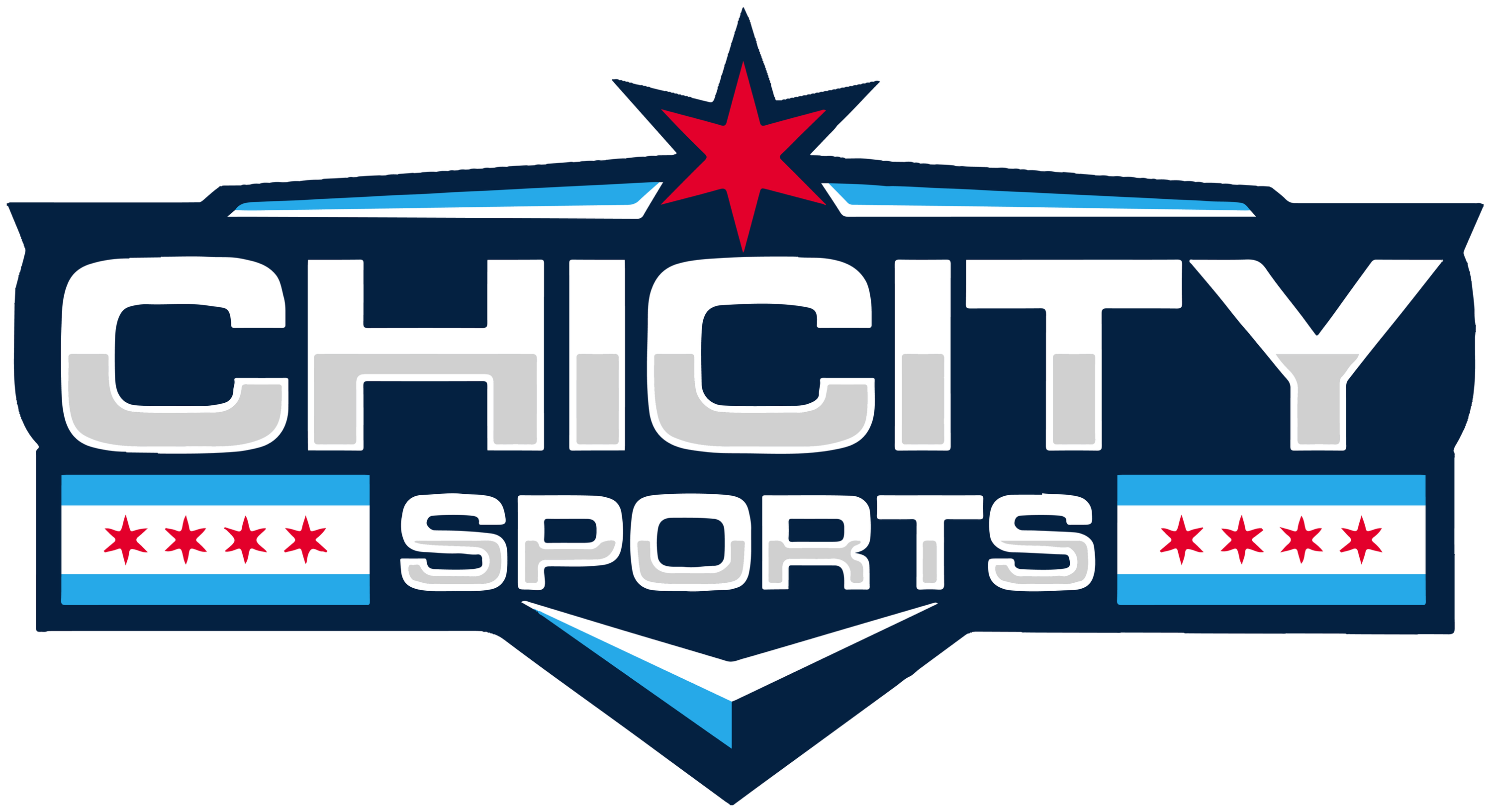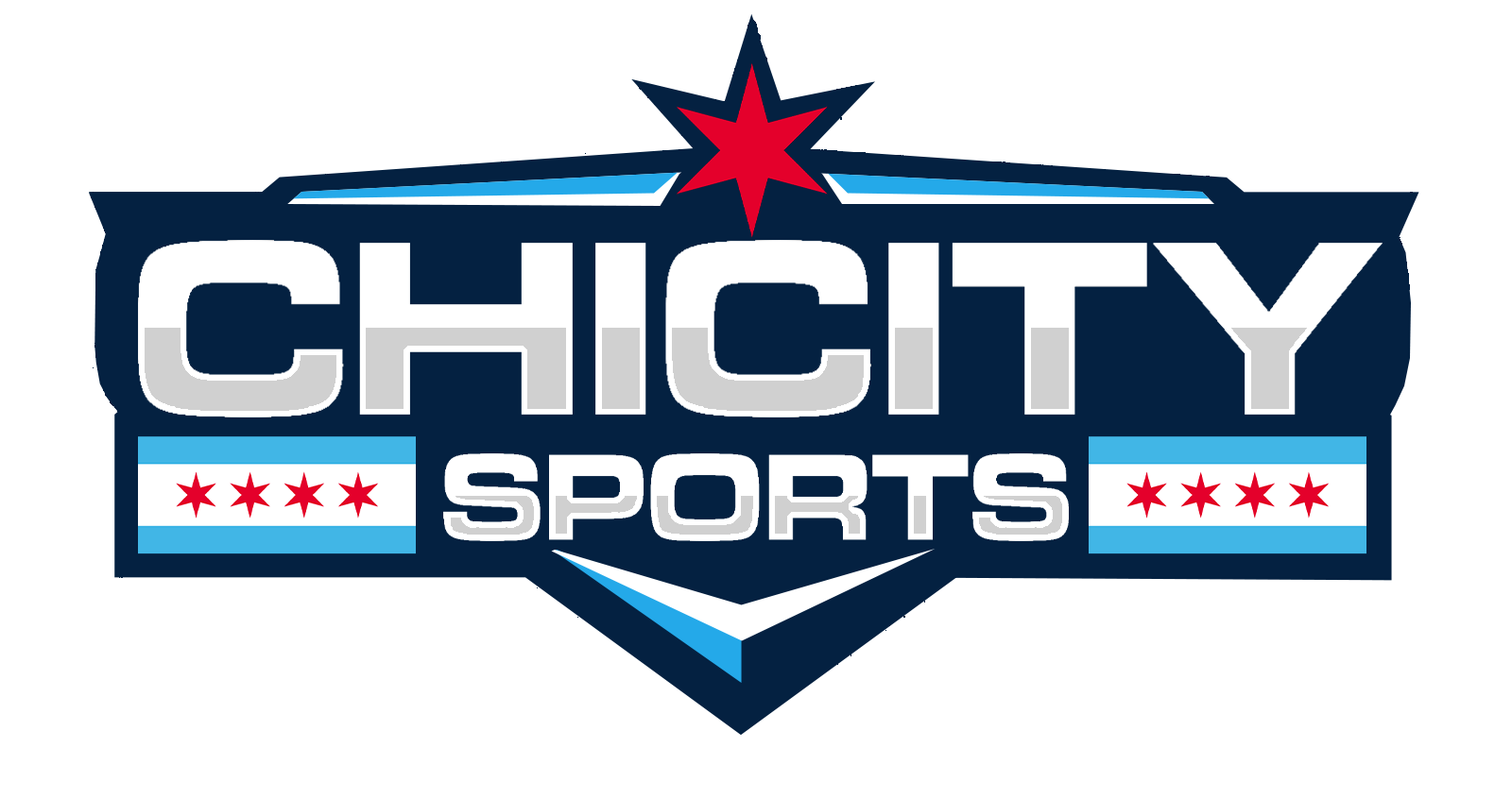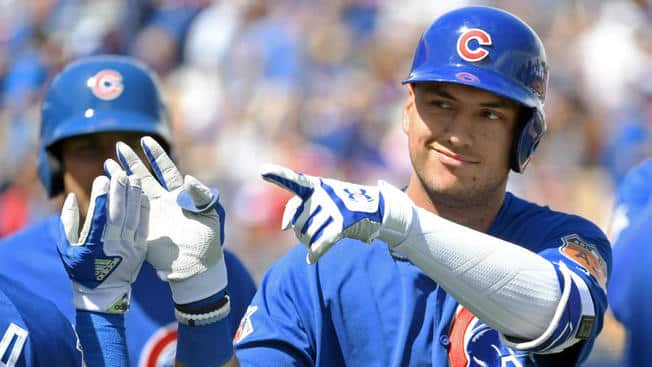For the first time in several years, the Chicago Cubs do not have a well-established closer going into the season. Hector Rondon was lights out for most of 2015 and into 2016, Aroldis Chapman took over down the stretch for the title team in 2016 and last year Wade Davis was the closer from the moment he was signed.
This year, there isn’t that obvious, go-to option. Frankly, that shouldn’t be considered a big deal.
On a macro scale, the closer is arguably an outdated concept anyway. Think back to the 2016 World Series and the Cleveland Indians bullpen. Andrew Miller was the most important and best arm in Cleveland’s relief corps, and he wasn’t closing, but instead coming in for the most high-leverage situations.
For a long time, conventional wisdom said the best reliever should close the game. Now, the most important role isn’t closing, it’s executing in the most critical moments.
That time is often the ninth inning, which still lends credence to the thought that having a star at the back end is still the best option.The gist is, though, that a bona fide closer isn’t necessarily as important as just having a guy (or guys) who can get crucial outs.
When it comes to the Cubs specifically, this works out in the club’s favor. There may not be that obvious choice for a closer, but there are plenty of guys who can be trusted get outs in crucial situations.
Brandon Morrow is projected to be this season’s ninth-inning guy for the Cubs, and that should comfort fans. Morrow, who signed a two-year deal back in December, was one of the best relievers in baseball last year and had a phenomenal postseason run.
In 45 appearances last year, Morrow had a 2.06 ERA and a .92 WHIP, while striking out 29.4 percent of his batters faced and walking just 5.3 percent of them.
The most impressive stat from his 2017 was arguably his number of home runs allowed: zero. In a regular season that saw more home runs than any other year in baseball history, Morrow didn’t give up a single one.
The postseason was a slightly different story, as he gave up three long balls in 13.2 innings in the playoffs. Despite that, he still had a sub-4 ERA for the postseason while playing in a whopping 14 of the Dodgers’ 15 playoff games.
Morrow is a reliable arm in the back of the bullpen and should settle a lot of the nerves some people may have when it comes to stability late in games.
Beyond him, though, adding veteran Steve Cishek should also quell some fears. Cishek is, simply put, just a good pitcher in general, but he also adds the apparently vaunted closing experience that some Cubs followers desire.
Adding Morrow and Cishek to a bullpen that already features Carl Edwards Jr. and Pedro Strop makes the Cubs’ relief staff one of the best in the National League.
Having a closer in the traditional sense isn’t a necessity in baseball today. As long as you have top-flight arms who can get outs in clutch situations like the Cubs do, you have a bullpen that can compete for a title.
For More Great Chicago Sports Content
Get the latest Chicago sports news, analysis, and breaking stories on the Bears, Bulls, Blackhawks, Cubs, White Sox, Sky, and more! Tap the star to add us to your favorites on Google News, so you never miss a story on your favorite Chicago teams.
Follow us on Twitter at @chicitysports23 for more great content. We appreciate you taking time to read our articles. To interact more with our community and keep up to date on the latest in Chicago sports news, JOIN OUR FREE FACEBOOK GROUP by CLICKING HERE




